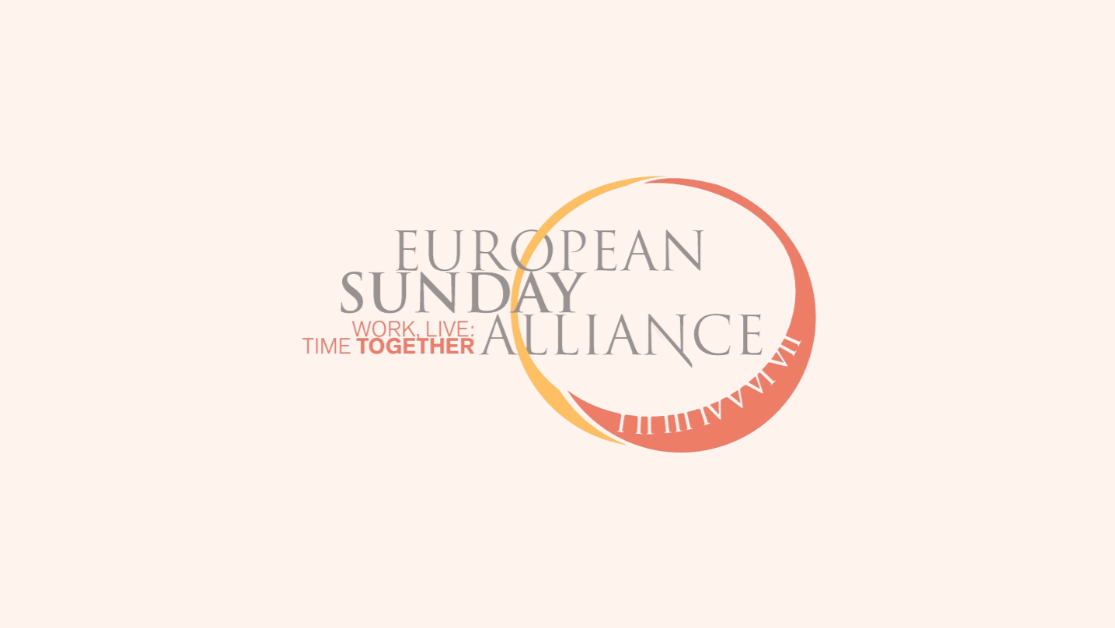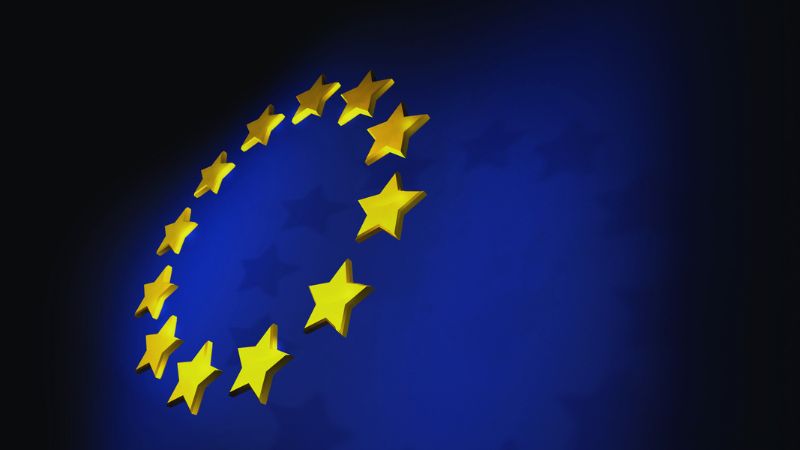

At its last meeting of the year, CESI's Presidium yesterday adopted a new position on AI at work.
In the position, CESI stresses that AI at work requires careful regulation to ensure that it remains human-centred, transparent, fair and safe, and that workers and their representatives are involved in the introduction and deployment of new AI tools at work throughout its lifecycle.
CESI further underlines that existing EU rules – the EU’s AI Act, General Data Protection Regulation (GDPR), occupational health and safety (OSH) legislation, and information & consultation frameworks –are necessary but not sufficient to govern algorithmic management across all sectors.
CESI Secretary General Klaus Heeger said: "A dedicated EU directive on AI at work is needed to close gaps, prevent pervasive surveillance and guarantee rights to information, consultation, training, redress and human review in AI for all workers.The directive should broaden key algorithmic safeguards of the EU Platform Work Directive to all workers, operationalise the GDPR’s Article 88 at work, complement the AI Act’s product safety logic with workplace rights and procedures, and align enforcement through labour inspectorates, data protection authorities and the European AI Office."
To this end, CESI proposes six pillars to frame AI management and regulation in a sustainable way together with workers: (1) social dialogue & participation; (2) ex-ante and ongoing impact/risk assessments; (3) transparency & explainability of algorithms with meaningful human review; (4) data governance & privacy-by-design; (5) training in AI literacy; and (6) health, safety & psychosocial risk prevention.
The full position, as adopted by the Presidium, is available here.

Image Gallery
New position on AI at work
Related videos
Similar Posts
Get in touch
with us
Confédération Européenne des Syndicats Indépendants (CESI)
Contact form
Stay up to date
Don’t miss a thing and subscribe to our newsletter
Subscribe now and receive newsletters and much more!




